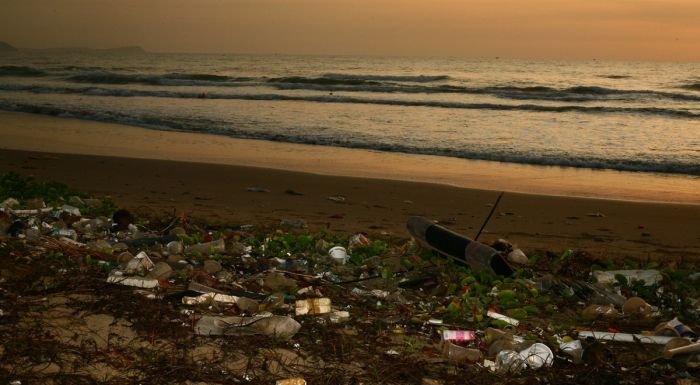
Eco-Friendly Travelling: Tips to Minimize Environmental Impact on the Go
The world is vast, beautiful, and waiting to be explored. As adventure beckons and you gear up for your next journey, you may be wondering how eco-friendly travelling can be taken into consideration. Here are some thoughtful ways you can reduce your environmental impact on your next voyage.
1. Choose Your Transport Wisely
Air travel contributes a significant chunk to global carbon emissions. Whenever feasible, consider alternative modes of transport. Trains, for instance, offer scenic routes and a much lower carbon footprint compared to planes. For shorter distances, buses or carpooling are more eco-friendly alternatives. If flying is unavoidable, look for airlines with carbon offset programs and always aim for direct routes to minimize layover emissions.
2. Pack with Purpose
Over-packing not only burdens you physically but also adds to the carbon emissions if you’re flying, due to the extra weight. Streamline your travel essentials, opting for multi-functional items. Carrying a reusable water bottle, eco-friendly toiletries, and a cloth bag can significantly reduce single-use plastic consumption on your trip.
3. Dive into Local Culture and Cuisine
One of the joys of travelling is immersing oneself in the local culture, and this can be both enriching and eco-friendly. Opt for local eateries that source regional produce. Not only does this support local economies, but it also reduces the carbon footprint associated with transporting imported foods.
4. Eco-Friendly Accommodations
The surge in eco-tourism has led to a plethora of sustainable accommodation options. From eco-resorts to green hostels, many places now prioritize environmental stewardship. These accommodations often use renewable energy, have water conservation systems, and are built with sustainable materials. A quick online search or eco-travel platforms can guide you to such green stays.
5. Tread Lightly on Nature
If your travel plans involve nature treks, underwater dives, or wildlife observations, remember the rule of leaving no trace. Stick to designated trails to prevent soil erosion, avoid touching coral reefs when diving, and always observe wildlife from a safe and respectful distance.
6. Digital Over Physical
Guidebooks, maps, and brochures contribute to paper waste. In the digital age, opt for electronic versions of guides or utilize apps that provide navigation and insights into local attractions. Not only is this more eco-friendly, but it also lightens your travel load.
7. Offset Your Carbon Footprint
Several organizations now offer carbon offset programs where you can calculate your trip’s carbon emissions and contribute to projects that reduce or capture an equivalent amount of CO2. This could be through reforestation projects, renewable energy initiatives, or community-based conservation efforts.
8. Conserve Resources, Even When Away
Hotel stays often lead to lavish use of resources. Simple practices, like turning off lights when leaving your room, reusing towels, and taking shorter showers, can substantially reduce your resource consumption, even when you’re miles away from home.
9. Shop Sustainably
Souvenirs are delightful travel mementos, but they can also be environmentally taxing. Choose products crafted from sustainable materials, and avoid items made from endangered plants or animals. Supporting local artisans and craftspersons also ensures your purchases have a lower environmental footprint and boosts local economies.
10. Spread the Word
Share your eco-friendly travelling experiences and insights on social media or travel forums. Your journey towards sustainable travel can inspire countless others to follow suit, amplifying the impact.
Travel opens our eyes to the world’s wonders and broadens our horizons. But as we traverse the globe, it’s crucial to remember the environmental impact of our escapades. By embracing eco-friendly travelling practices, we can ensure that the world’s beauty and diversity endure for generations to come.




